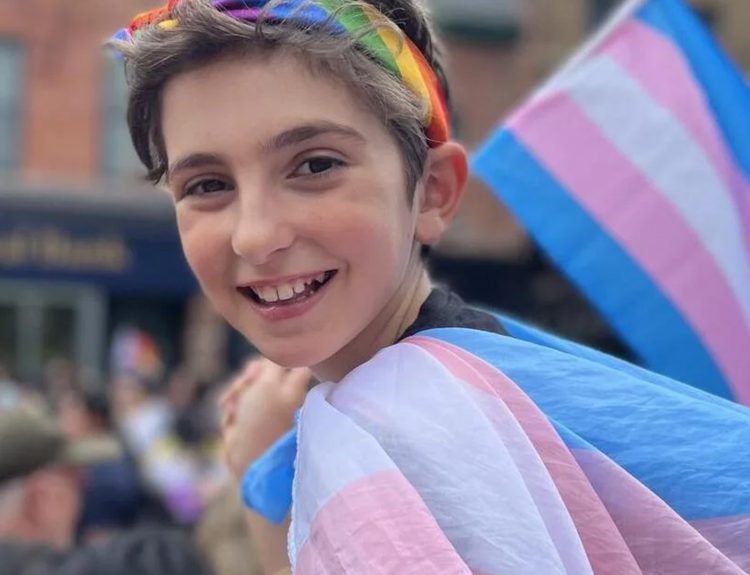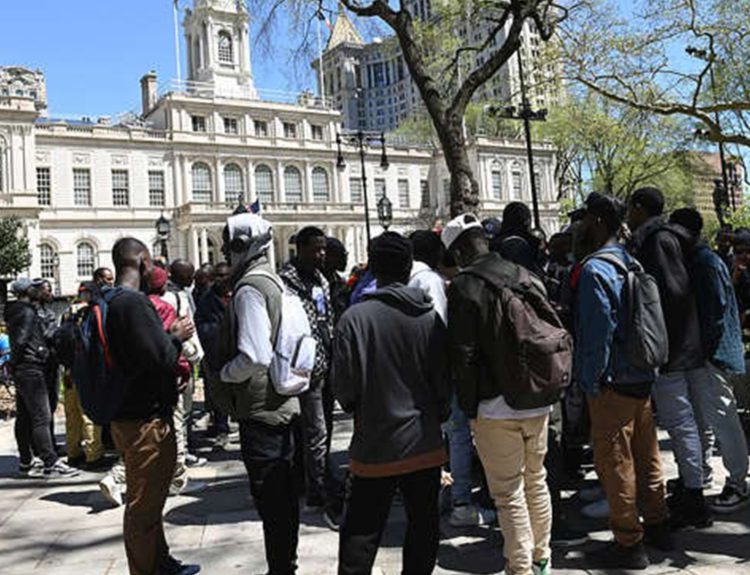Justice Ketanji Brown Jackson, a Supreme Court judge, has created waves with her declaration that to criminalize homelessness is ‘unconstitutional’. This statement has sparked a nationwide conversation about the rights of the unhoused and the role of the justice system in addressing this issue. The debate hinges on whether it is constitutional to pass laws that penalize people for sleeping in public areas when they have nowhere else to go.
What Is Justice Jackson’s Stand On Homelessness?
For Justice Jackson, punishing those who sleep in public spaces and do not have any other places amounts to trampling on their human rights. She argues that such acts are also contrary to the US Constitution.

She holds that these laws usually amount to punishing people for being poor and homeless which can be beyond their control at times. Her position has been backed by activists of homeless individuals who argue that making homelessness a crime will do nothing to alleviate the problem.
The Case of Grants Pass v. Johnson On The Legality Of Being Homeless
The Supreme Court heard arguments in Grants Pass v Johnson which could make being homeless illegal. The case began when three persons experiencing homelessness sued the Grants Pass city administration.
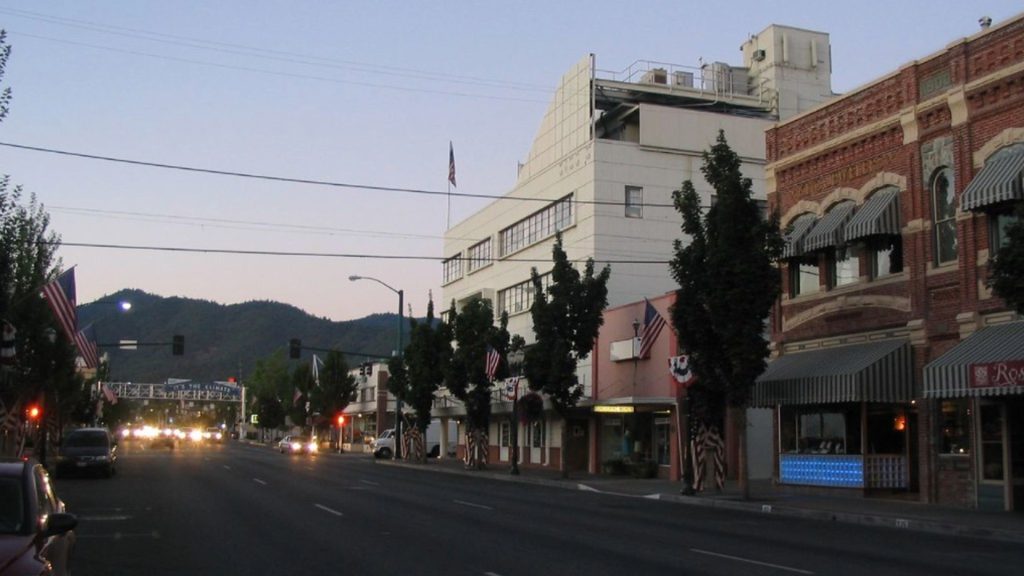
They believed that anti-camping regulations enacted by Grants Pass City Council were unconstitutional since they prohibited sleeping in public places like streets, and parks among others. Thus, the outcome of this case may be significant for homeless people countrywide.
The Constitutional Debate On The Eighth Amendment
This case questions whether cities are violating the Eighth Amendment by limiting where unsheltered individuals can sleep or rest. The Eight Amendment prohibits cruel and unusual punishment from being imposed by government agencies within its jurisdictional sphere.
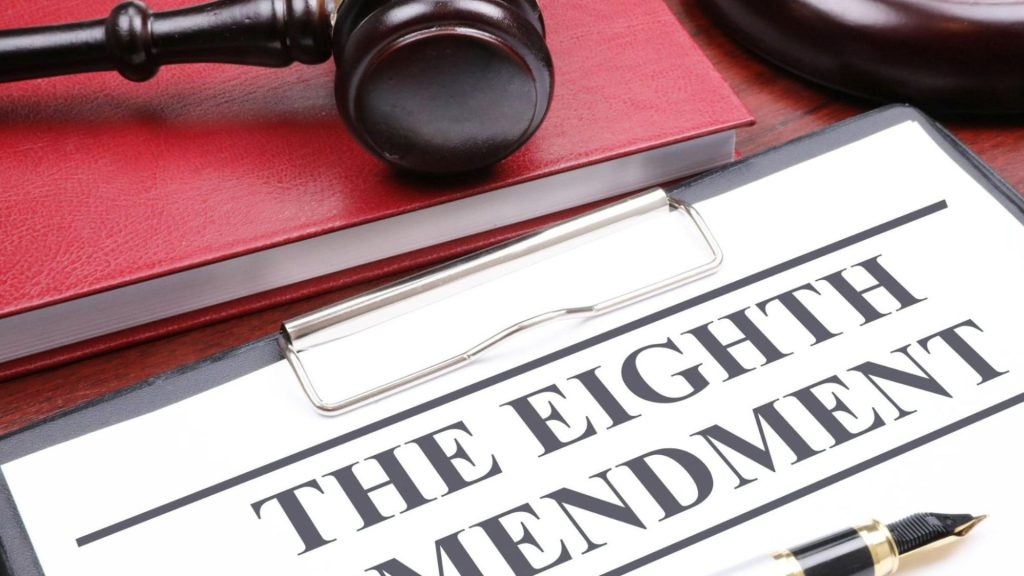
However this does not prevent local governments from doing so Advocates assert that anti-camping laws are a form of cruel and unusual punishment that effectively punishes people for simply existing unhoused; without a doubt though, cities claim such measures are necessary for public order and safety.
The Liberal Justices Are Against Criminalizing Homelessness
Liberal justices including Justice Jackson were against criminalizing members of the unhoused community among other groups. They argued that such laws are also unconstitutional.
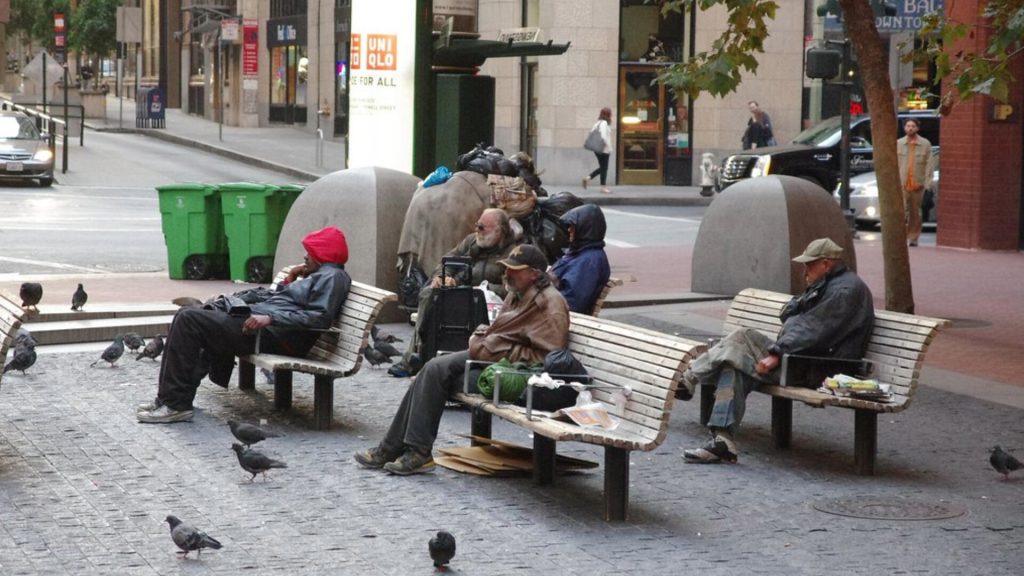
Likewise, according to them, these laws should simply not target persons who are poverty-stricken and have no shelter as some situations may be unavoidable. Advocates for the unhoused argue that criminalization is not the solution to homelessness.
The Conservative Majority’s Argument On Treating Homelessness
The conservatives in the majority presented an argument that local governments should decide whether or not to punish homelessness.
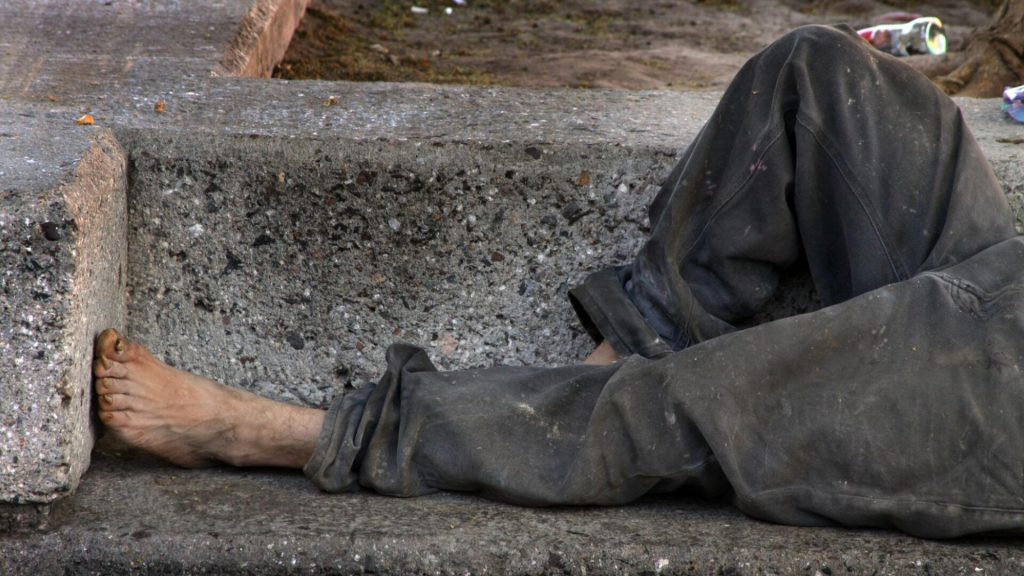
In their view, local authorities are more familiar with their community’s unique challenges and can better deal with them. However, critics of this approach claim that it often leads to punitive measures that fail to address homelessness at its root causes.
The Unhoused Filed A Class Action Complaint Against Grants Pass City
In 2023, three people experiencing homelessness filed a class action complaint against Grants Pass, Oregon for violating their constitutional rights. They contended that such city ordinances prohibiting sleeping in public places like streets were unconstitutional.
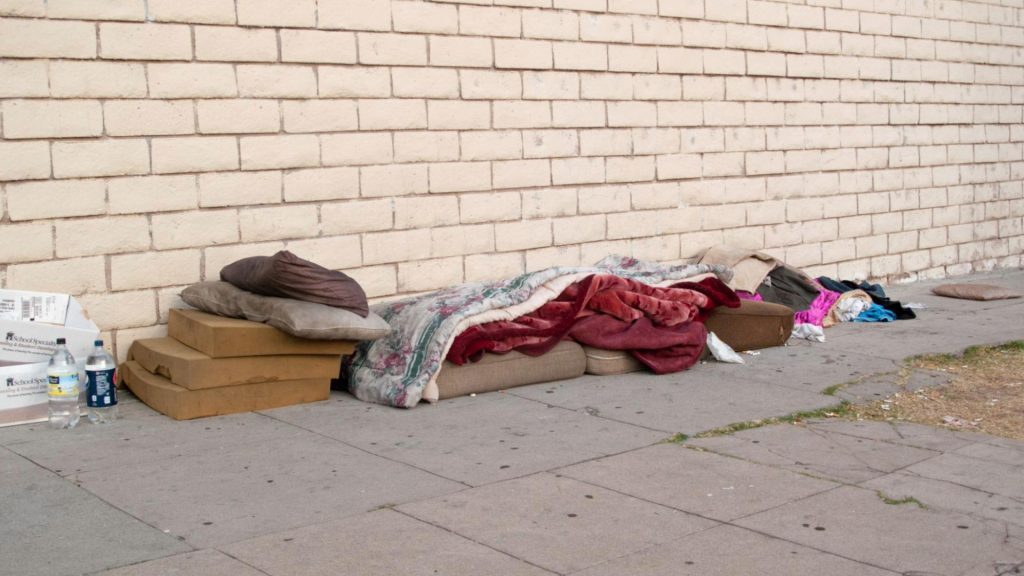
This case demonstrates the plight of homeless people and reveals how there is a need for more humane approaches to addressing homelessness.
Homeless Claim That Current Policies Are Unconstitutional
In this suit, the complainants claimed that the city had administered inappropriate laws on sleeping. They argued that these codes were an infringement of their Eighth Amendment rights prohibiting cruel and unusual punishment.
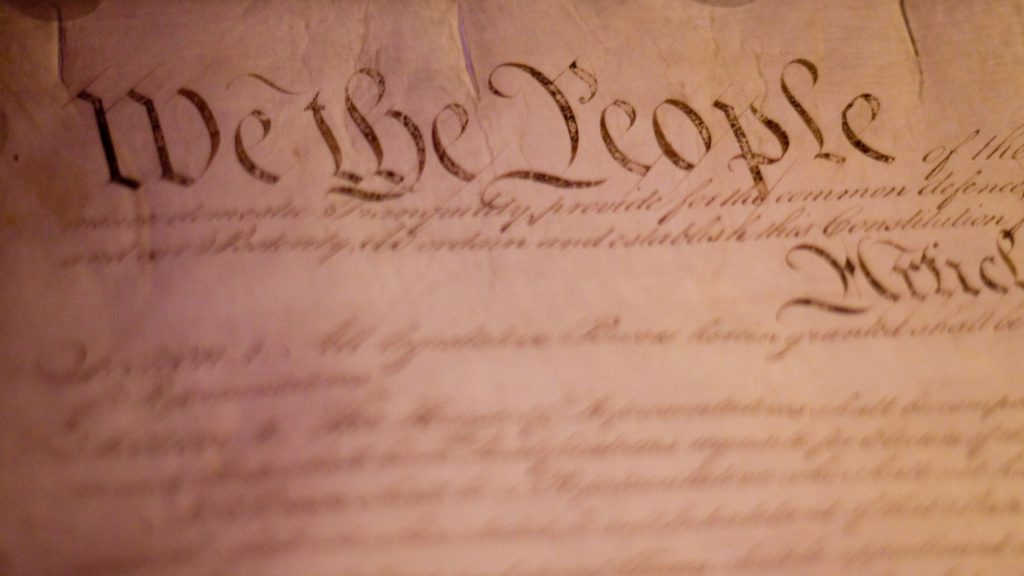
The case has ignited a national discourse on the legitimacy of such ordinances and their effect on homeless people’s lives.
The Homeless Are Not Allowed To Use Blankets Or Cardboard Boxes
The city’s statutes bar unhoused individuals from using cardboard boxes, pillows, or blankets while sleeping on public streets, sidewalks, or alleyways. These laws are seen as particularly harsh by advocates for the unhoused, who argue that they effectively criminalize the act of trying to stay warm and safe.
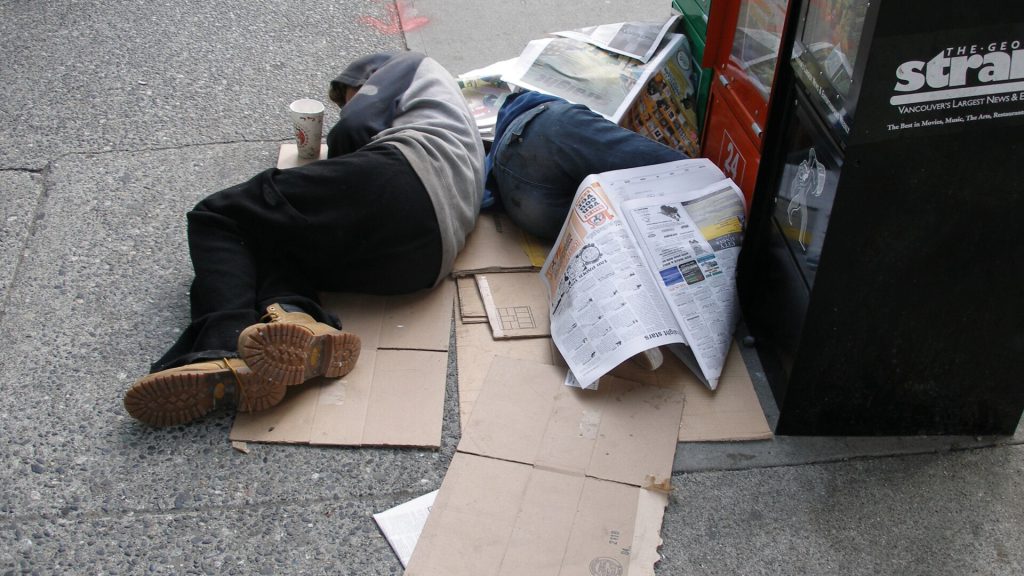
Critics argue that such restrictions are not only inhumane but also counterproductive, as they do not address the root causes of homelessness.
Car-Dwellers Is In Violation Of Grants Pass City Laws
In downtown Grants Pass, it is a violation of city laws for a person without a home to sleep in their car for 2 or more hours between midnight and 6:00 a.m. However, this provision discriminates against the homeless, many of whom live in such vehicles.
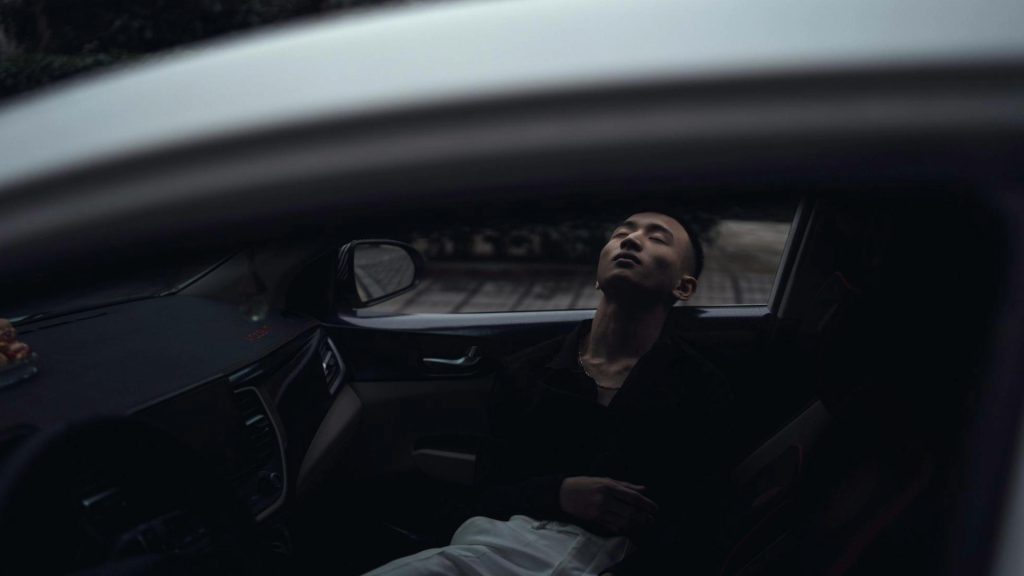
It is argued that these sorts of laws amount to a criminalization strategy aimed at curtailing homelessness, which only serves to further marginalize an already vulnerable population.
The Absence Of Shelters In Grants Pass Adds To Homelessness
There are no shelters in Grants Pass, making it unfair for the unhoused community to be punished for not having a place to stay. The lack of shelters in the city means that many unhoused individuals have no other option but to sleep in public spaces.
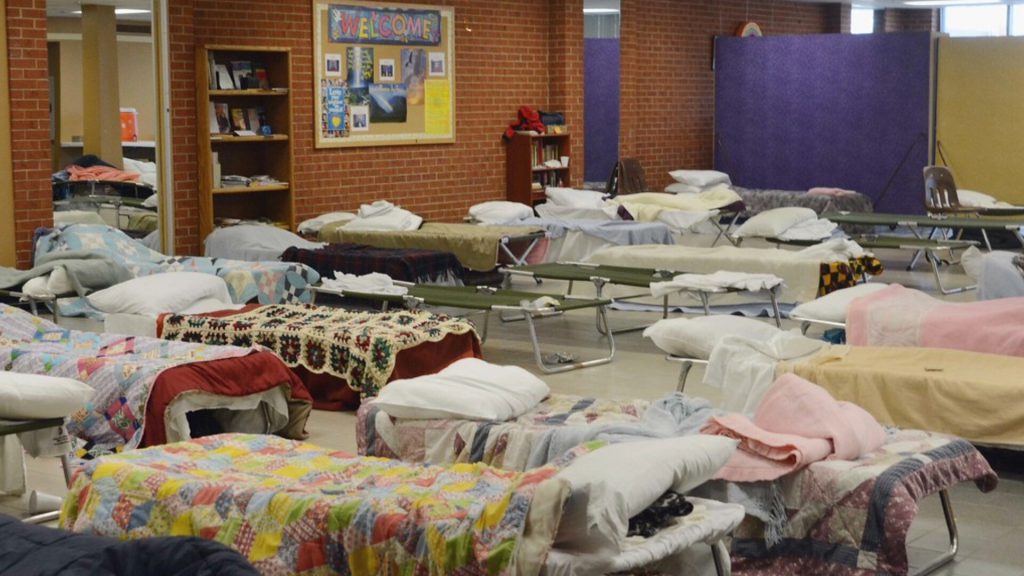
Advocates argue that instead of criminalizing homelessness, cities should focus on providing adequate shelter and support services to address the issue.
Current Policies Punishes Individuals for Being Poor
U.S. Representative Jasmine Crockett has said the United States has been incarcerating individuals for being poor rather than committing a crime; she believes such approaches are ineffective and unfair.

To her way of thinking, we must change our focus from punishment to support and offer resources and services that help them overcome those challenges they face.
There Is A Need for Compassionate Policies
According to Crockett let us create policies that afford dignity with housing – because there is none in sleeping rough, not punitive ones tackling the root causes of homelessness. This includes the likes of affordable housing shortage, mental illness, and drug dependency.
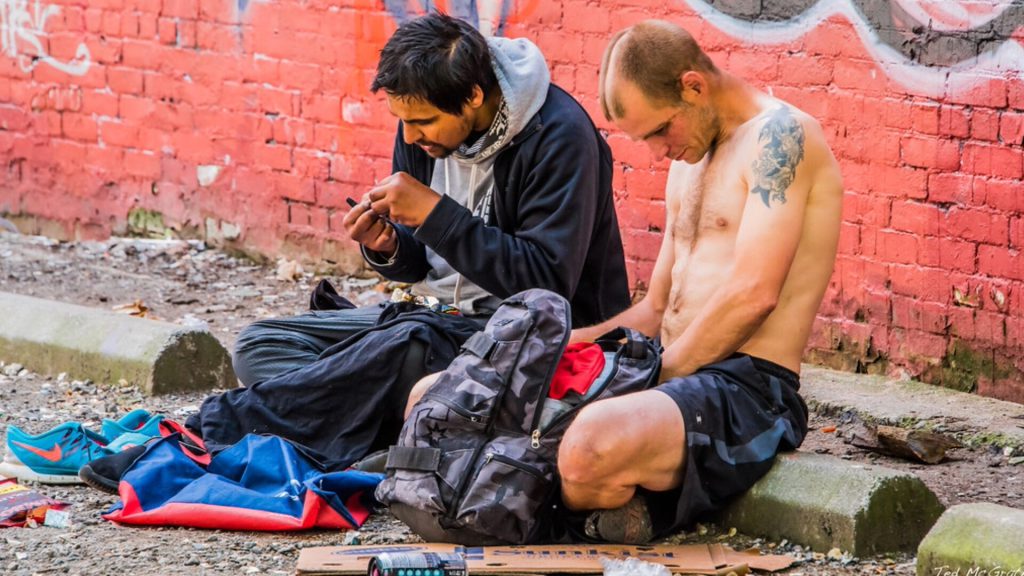
Policies should replace punishing measures with supportive efforts aimed at transitioning individuals out of homelessness.
The Impact of Criminalizing Homelessness Will Not Solve It
Criminalizing homelessness violates the rights of unhoused people while also affecting society as a whole. This problem perpetuates poverty and marginalization thereby making it even more difficult for somebody to come out of the homeless life cycle.
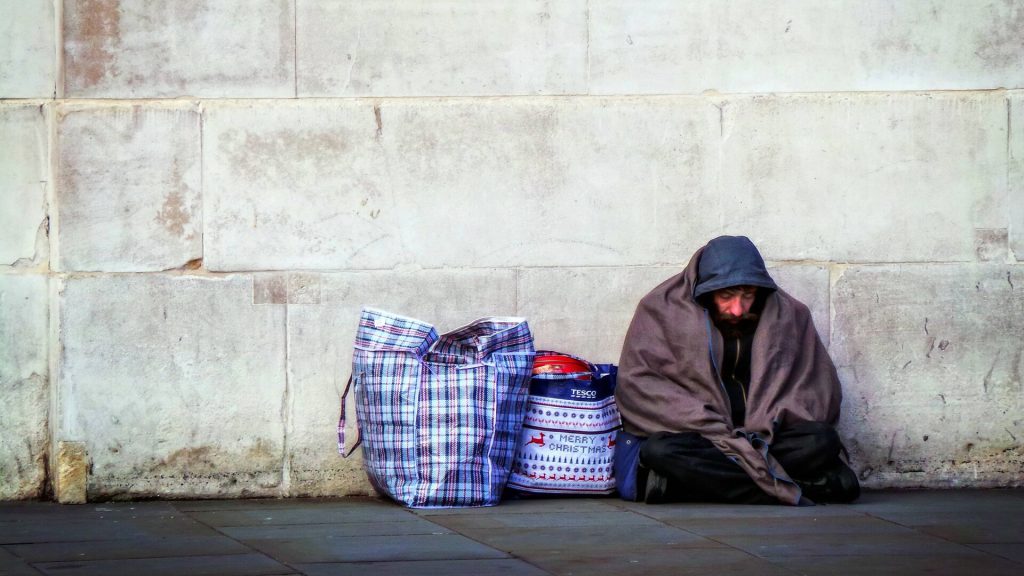
Also, it places great burdens on the justice system thereby diverting resources from serious offenses towards these less significant matters.
The Debate On Homelessness Must Start With Compassion
The debate on criminalizing homelessness is far from over. However, voices like Justice Jackson remind us of the need for compassion and understanding in our approach to this complex issue.
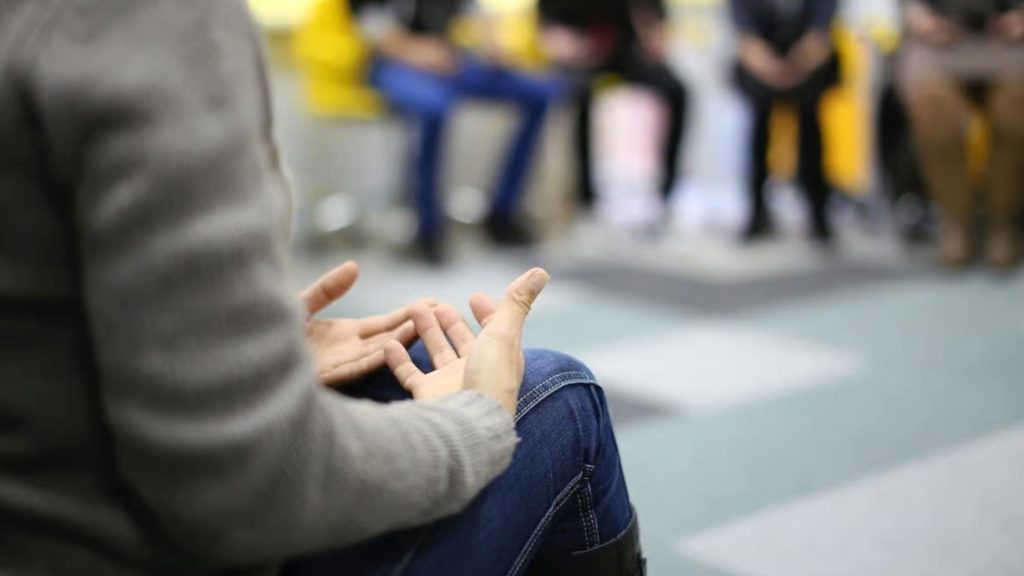
Criminalizing homelessness is not a solution, but rather a symptom of larger societal issues that need to be addressed.




